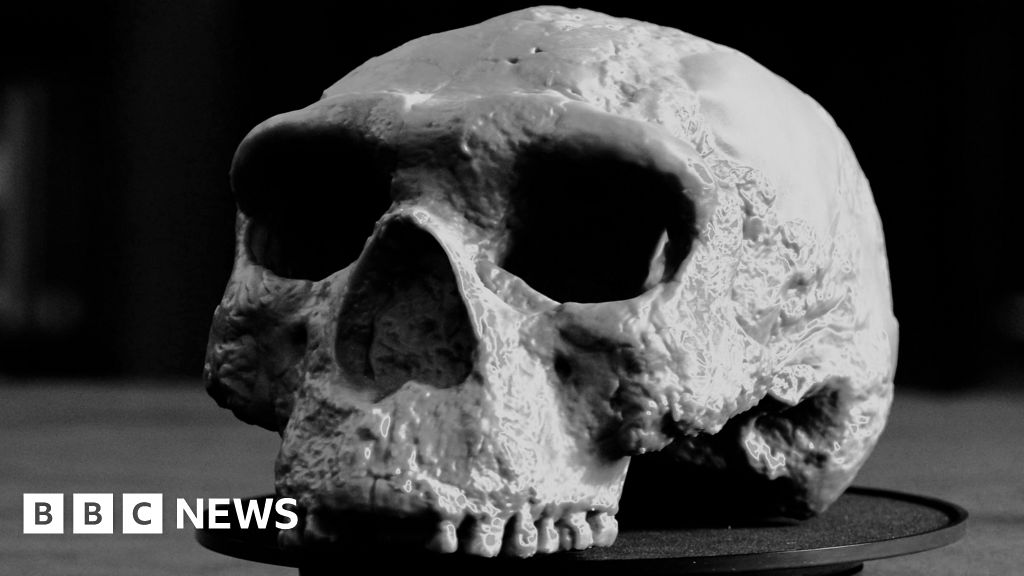- Total News Sources
- 14
- Left
- 6
- Center
- 4
- Right
- 2
- Unrated
- 2
- Last Updated
- 17 days ago
- Bias Distribution
- 50% Left


Yunxian Skull Tied to Dragon Man, Earlier Splits
An international team led by researchers at Fudan University and the Chinese Academy of Sciences with Chris Stringer reanalyzed a badly crushed skull (Yunxian 2) from Hubei, dated to roughly 940,000–1.1 million years ago, and published the results in Science. Digital reconstruction and CT-based analysis show a large cranial capacity, long low vault, flat face and mixed primitive/derived traits that the authors say align Yunxian 2 with the Homo longi/'Dragon Man' clade closely related to Denisovans rather than with Homo erectus. Phylogenetic models in the paper place deep splits among large‑brained hominins earlier than previously thought — with divergence events around ~1.38–1.32 million years ago and clade‑specific traits emerging by ~1.2–1.02 million years ago — effectively pushing the emergence of modern‑human lineages back roughly 400,000–500,000 years. The authors propose five major large‑brained branches across the last ~800,000 years and argue the findings raise the possibility that crucial evolutionary developments occurred in Asia as well as Africa. Outside experts caution the claims will be debated, noting uncertainties in fossil interpretation and timelines and calling for further review and genetic evidence.




- Total News Sources
- 14
- Left
- 6
- Center
- 4
- Right
- 2
- Unrated
- 2
- Last Updated
- 17 days ago
- Bias Distribution
- 50% Left
Related Topics
Stay in the know
Get the latest news, exclusive insights, and curated content delivered straight to your inbox.

Gift Subscriptions
The perfect gift for understanding
news from all angles.

